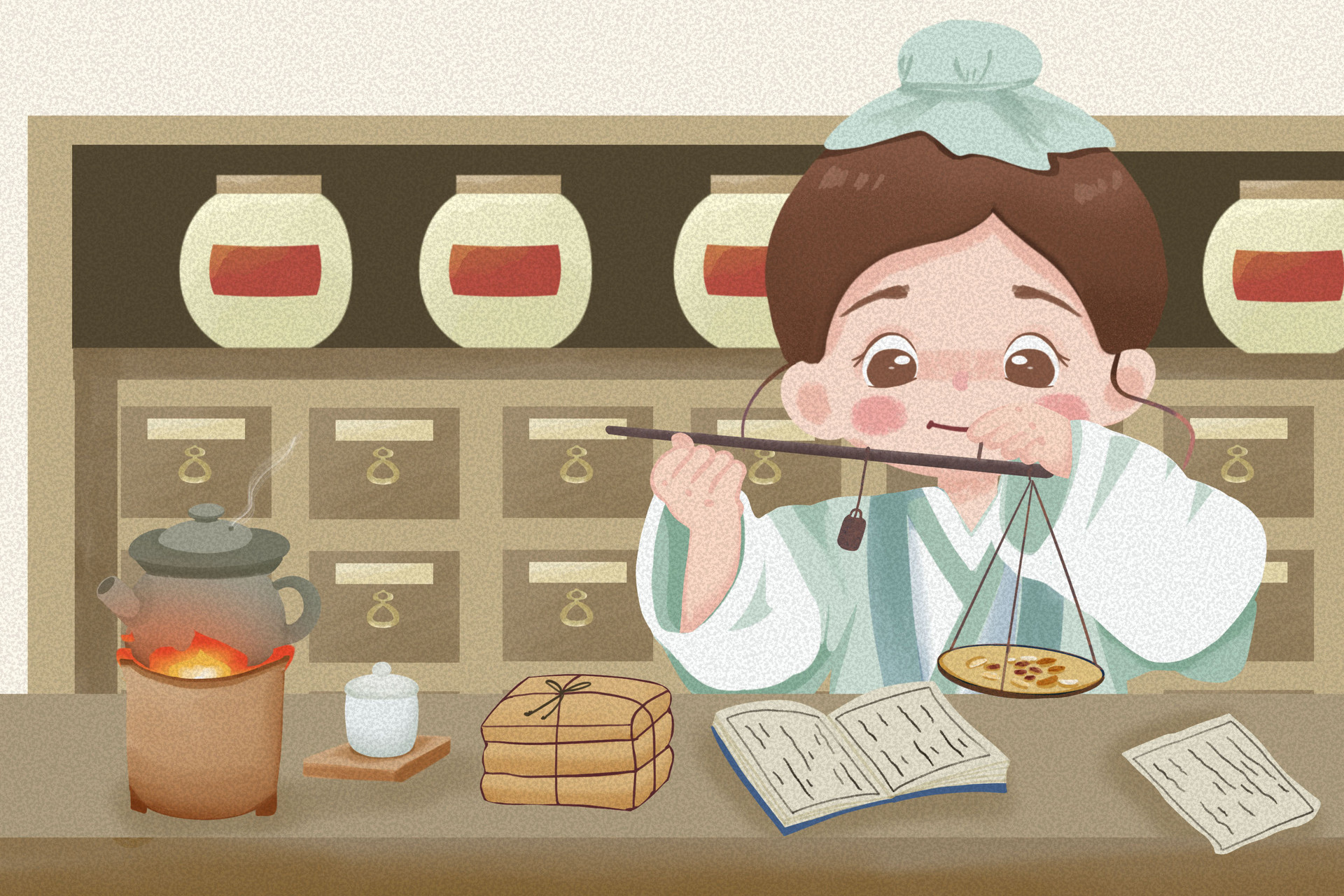What Tea to Drink in Winter
For those with a hot constitution who are sensitive to heat and prone to sores and ulcers, the principle of winter health care should be to clear heat, cool blood, and nourish Yin. Bitter tea and lotus heart tea are recommended. If the taste of bitter tea is too bitter, a little honey can be added to remove heat and moisten the lungs. It is best to hold the bitter honey tea in the mouth and slowly swallow it to enhance the moisturizing effect on the throat.
For those with Yin deficiency, the hot symptoms are more obvious, but it is not due to excessive internal heat. It is because Yin deficiency cannot control the fire. Therefore, it is especially important to nourish Yin and replenish water in winter. Recommended teas include wolfberry chrysanthemum tea, ophiopogon tea, and ginseng tea.
For those with Qi deficiency who always feel weak and fatigued even with slight exertion, the cold winter will further deplete their Yang Qi. People with Qi deficiency have lower immune function and disease resistance, so the focus of tea consumption should be on nourishing Qi and strengthening the body. Recommended teas include astragalus wolfberry tea and codonopsis tea.
For those with phlegm-damp constitution who rarely feel thirsty, it does not mean that they are not lacking water. Therefore, the focus of tea consumption for phlegm-damp constitution is on invigorating the spleen and eliminating dampness. Recommended teas include coix seed red bean tea and lotus leaf water.
How to Drink Traditional Chinese Health Tea in Winter
What to pay attention to in traditional Chinese health tea in winter:
1. Prepare the body before nourishing
After the start of winter, it is necessary to gradually adapt the stomach and intestines to the nourishing process, so it is important to prepare the body. For example, consume mild natured peanut jujube soup, ginger stewed beef, etc. In addition, drinking hot porridge in winter is a good choice for health. Wheat porridge can nourish the heart and relieve annoyance, sesame porridge can nourish the essence and Yin, radish porridge can aid digestion and dissolve phlegm, and poria porridge can invigorate the spleen and nourish the stomach.
2. Saltiness enters the kidneys to nourish Yin and blood
According to the principles of "autumn and winter nourishing Yin" and "winter nourishing the kidneys", it is recommended to eat more savory foods in winter, such as kelp, seaweed, and jellyfish, which have the effect of nourishing Yin and blood.
3. More warm foods, less cold foods
When the weather is cold, it is beneficial to increase the intake of protein, fat, vitamins, and minerals to resist the cold. For example, eat more warm and hot foods such as wheat, sorghum, chestnuts, dates, walnuts, longan, leeks, pumpkins, ginger, beef, and mutton.
4. Increase intake of vitamins A and C
Increasing the intake of vitamins A and C can enhance the body's ability to adapt to the cold. Vitamin A mainly comes from animal liver, carrots, and dark green vegetables, while vitamin C mainly comes from fresh fruits and vegetables. In addition, eating more chili peppers in winter can promote blood circulation and increase appetite.




![[The Risks of Eating Hawthorn During Pregnancy]](https://tcmmaintenance.com/uploads/20240715/97742b67f97f94c495ae1389337c5c41.jpg)






